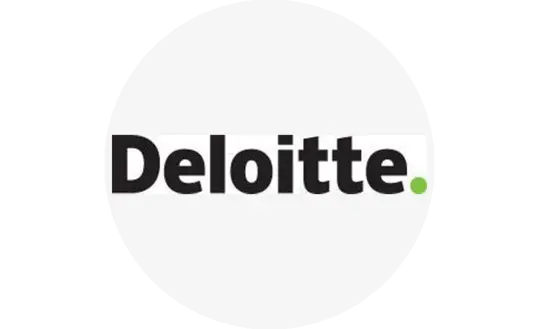The rise of new data technologies like analytics and machine learning enables better, more accurate decisions but it also greatly increases the competitive need for faster decisions. It can be challenging for leaders to keep pace, according to this Deloitte article. Faced with a procession of new platforms and vast amounts of data, executives can easily find themselves experiencing the high cost of indecision.
Decision fatigue and analysis paralysis are common challenges for the finance execs that Deloitte’s research focused on, and they’re also familiar to tax leaders. But these hindrances are not the only barriers to fast, effective decision-making. A perceived lack of tolerance for projects or pilots that might not pan out also can impede decision processes. So, too, can the necessary step of questioning assumptions, an activity that can easily transform into a roadblock.
How can organizations and business groups develop decision intelligence? Deloitte offers several pointers, including:
- Treating decision-making is a discipline: Mastery comes from attention and focus. The culture of decision-making impacts outcomes; businesses should strive to provide an honest and safe environment to build assessment skills. Leading companies provide a space free from bureaucracy and power dynamics to build this particular muscle mass.
- Recognizing the crucial role that human judgement and problem-solving play: Technology helps us process vast amounts of information, but it can’t substitute for the human qualities that define the purposes and goals of decision-making.
- Strengthening the decision-making process with diverse perspectives and debate: Decisions should be pressure-tested via input from a diverse collection of perspectives. Debate is healthy. Too much debate is counterproductive, however, given that it impedes the process and can diminish the participants’ buy-in. “Effective organizations establish guardrails to maintain agility and momentum,” according to Deloitte. “Doing so involves framing the decision by establishing, up front, aspects such as the why behind the decision, the goals, the context and constraints, the strategy, and the decision-makers’ roles and responsibilities.”
- Approaching decisions with more curiosity and fewer concerns about failing: Organizations with advanced decision intelligence encourage calculated risks, according to Deloitte. These companies often enable decision-makers to “fail forward” without penalty and emphasize these behaviors as cultural norms.
As Deloitte points out, technology is no substitute for human input. But it’s an indispensable component of effective decision-making. Technology choices themselves call for timely, accurate decisions. For example, if tax organizations routinely postpone decisions regarding their evolving technology needs, they can wind up relying on legacy systems that lack the flexibility to adapt to changing business needs or market conditions. This can hinder business growth and innovation.
Tomorrow's tax landscape will require agile, data-driven decisions, supported by the convergence of cloud technology, artificial intelligence, machine learning, tax data analytics, edge computing and other advanced technologies. It makes sense for tax leaders to get started on sharpening their decision intelligence and applying it to tax transformation today.
Disclaimer
Please remember that the Vertex blog provides information for educational purposes, not specific tax or legal advice. Always consult a qualified tax or legal advisor before taking any action based on this information. The views and opinions expressed in the Vertex blog are those of the authors and do not necessarily reflect the official policy, position, or opinion of Vertex Inc.


